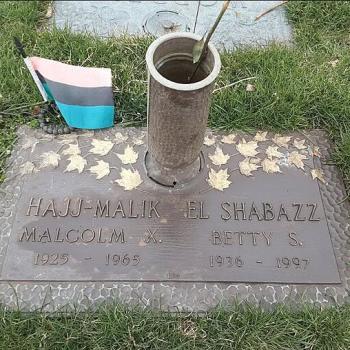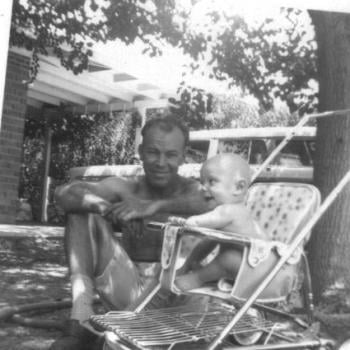Hopefully, other scholars will address these questions, perhaps girding themselves with rabbinic literature when they do. What strikes me as most praiseworthy about Pitre's study is the way it nudges that literature further into the Christian consciousness. Me, I only know—thanks mainly to the popular novels of Chaim Potok—that it is voluminous and hard on the brain. In everyday English usage, "Talmudic" means "characterized by or making extremely fine distinctions; overly detailed or subtle; hairsplitting." In other words, it's a Jewish way of being Jesuitical.
That's unfortunate. Rabbinic writings represent the mother lode of Jewish scholarship, so I'm glad Pitre presented them as they deserve to be seen—at their most relevant and at their best. It will also be nice if Pitre's book somehow ends up in the hands of the man who inspired it, the Southern Baptist minister who pummeled him, for three agonizing hours, with Chick Tract theology. Since Pitre was then only a college sophomore, the reverend's behavior was most unsportsmanlike. If he's game for a rematch, put me down for a ticket.
Return to the Patheos Book Club for more reviews and conversation on Jesus and the Jewish Roots of the Eucharist.





